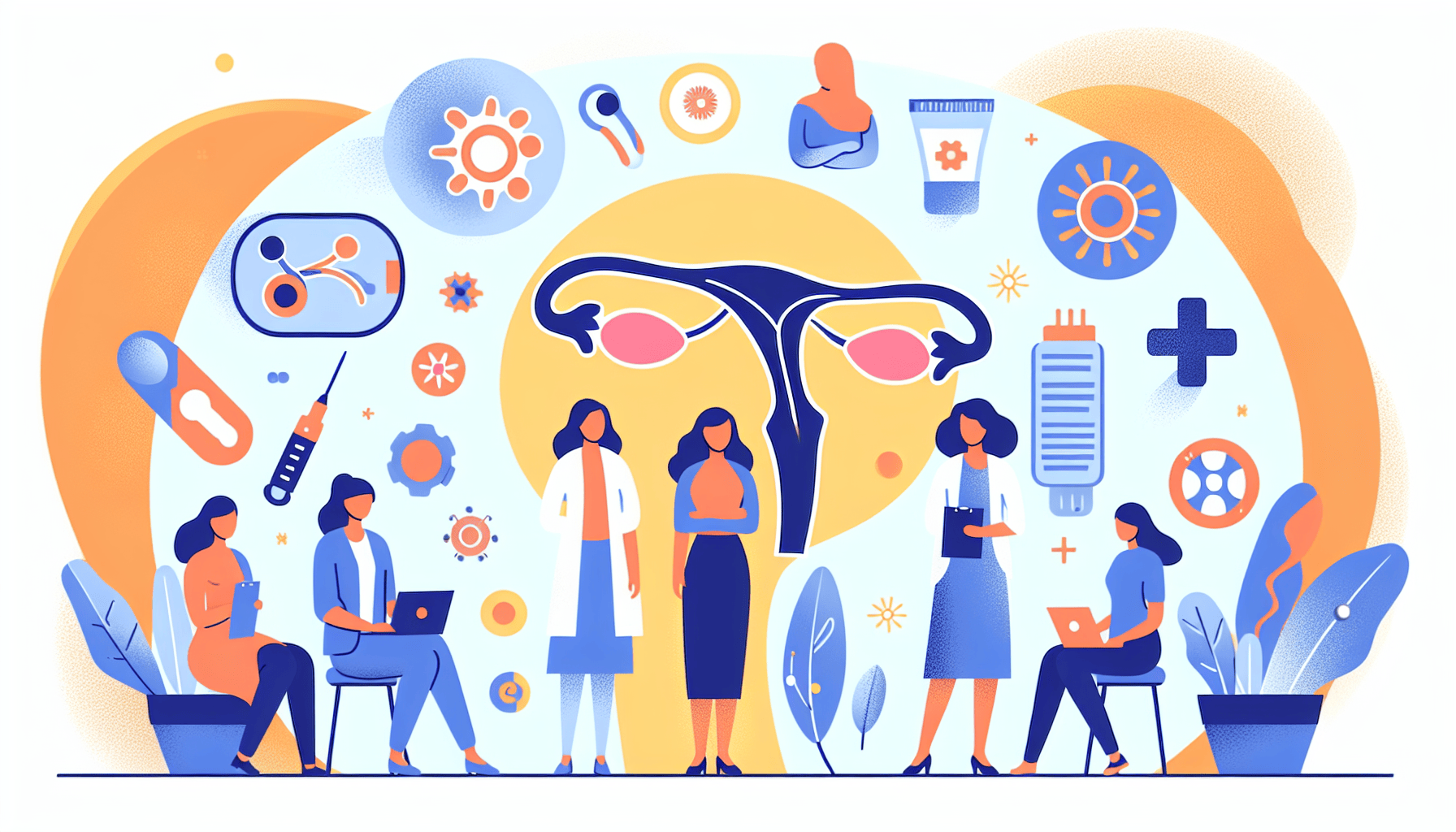Understanding Hammertoes: Causes, Symptoms, and Treatment Options
Hammertoes are a common foot condition that occurs when the muscles and ligaments around your toe joint become imbalanced, causing the middle joint of your toe to buckle and [...]
Endometriosis is a chronic condition that requires a long-term management plan tailored to the extent of the disease, severity of pain, and your potential plans for pregnancy. While there is no cure for endometriosis, several treatment options are available to help ease pain and improve your quality of life.
For mild endometriosis symptoms, your doctor may recommend over-the-counter pain relievers such as ibuprofen or naproxen, which are non-steroidal anti-inflammatory drugs (NSAIDs). If these medications do not provide sufficient relief, your doctor may prescribe stronger pain medication.
Hormonal birth control can help reduce heavy menstrual bleeding associated with endometriosis. Your doctor may advise you to take hormonal birth control continuously for three or more months to prevent menstruation. Common hormonal birth control options include:
Birth control pills, patches, and vaginal rings containing both estrogen and progestin
Progestin-only contraceptives, such as pills, shots, and intrauterine devices (IUDs)
These medications can help reduce pain by minimizing or eliminating periods. However, hormonal therapy may cause side effects such as weight gain, depression, acne, body hair, and irregular bleeding. Discuss the risks and benefits with your doctor.

If NSAIDs and hormonal birth control do not adequately control your pain, your doctor may recommend gonadotropin-releasing hormone (GnRH) analogues. These medications cause your ovaries to stop producing estrogen, which helps shrink endometriosis tissue. Over 80% of women using GnRH analogues experience pain reduction, including those with severe pain.
There are two types of GnRH analogues:
Goserelin (Zoladex): Shot taken once every 28 days
Leuprolide (Lupron): Shot taken once every one or three months
Nafarelin (Synarel): Nasal spray taken twice per day
Elagolix (Orilissa): Taken by mouth one to two times a day, depending on your symptoms
GnRH analogues cause temporary menopause and are not used if you are trying to become pregnant. Doctors limit the duration of these medications due to the risk of bone density loss and fractures.
Danazol (Danocrine) helps stop your body from releasing hormones that trigger menstruation and increases your immune system. Birth control is necessary while taking danazol to prevent pregnancy, as it can cause male traits in female babies.
Aromatase inhibitors block the chemical aromatase, which boosts estrogen production in your body. While not routinely used for endometriosis, doctors may recommend these medications "off-label" in addition to hormonal therapy to manage pain, as long as you are not planning to become pregnant during treatment.
Remember, endometriosis is a lifelong condition, and finding the right treatment plan may take time. Work closely with your doctor to determine the best approach for managing your symptoms and improving your quality of life.
For more information on endometriosis and its treatment options, visit:
Hammertoes are a common foot condition that occurs when the muscles and ligaments around your toe joint become imbalanced, causing the middle joint of your toe to buckle and [...]
If you have crooked teeth, crowded teeth, or a misaligned bite, braces may be the solution you need for a healthier, more attractive smile. Braces are dental appliances that [...]
When you or your child gets a cut, scrape, or burn, it's essential to clean the wound properly right away to prevent infection and promote healing. Follow these five [...]